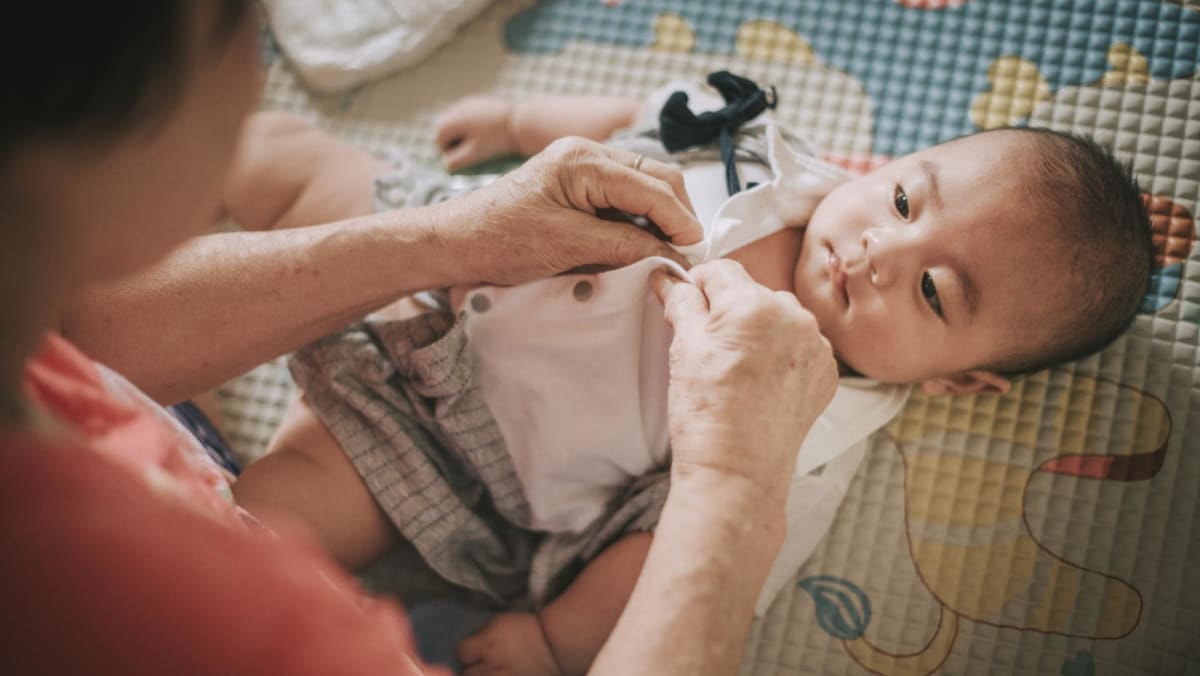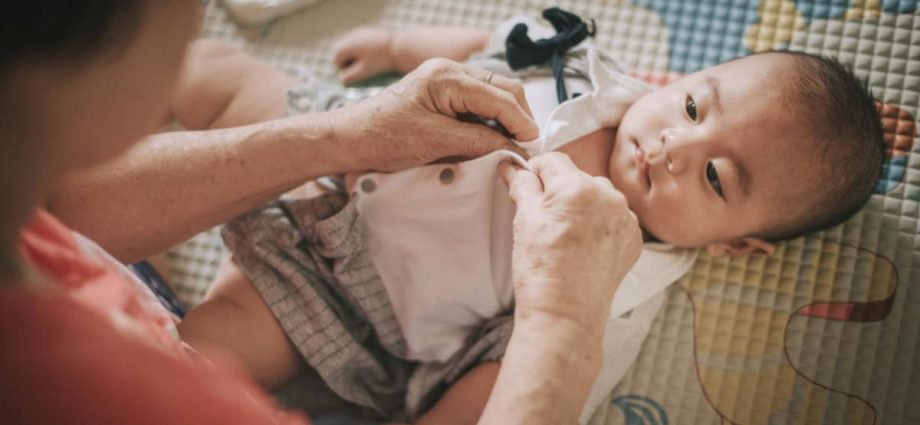
SINGAPORE: To supplement centre-based infant care, the government will trial a childminding service for kids aged between two months and 18 months.
The three-year pilot will accommodate 500 children in the first year and increase to 700 subsequently, said the Ministry of Social and Family Development (MSF).
Childminders, or nannies, were common in Singapore in the 1970s and 1980s, said Minister of State Sun Xueling in parliament on Wednesday (Mar 6) while detailing the ministry’s spending plans for the year.
“They are less common today as parents may be unsure of where to look for trusted childminders or they may find childminding relatively more expensive as compared to other caregiving options, such as infant care centres,” she added.
The new childminding service is expected to cost about S$700 (US$520) a month, similar to what a median-income family pays for infant care at an anchor operator, MSF said.
Full-day infant care fees at these centres are capped at S$1,235 for Singaporeans, but working mothers can apply for subsidies of at least S$600 a month.
Parents who choose private childminding services – typically by home-based nannies – pay anywhere from S$1,200 to S$2,800 a month, according to MSF. Unlike infant care centres, the prices of such services are not regulated by the government.
Under the pilot, the Child Development Account (CDA) can be used to pay for the childminding service, said Ms Sun.
EACH CHILDMINDER TO CARE FOR UP TO THREE INFANTS
The Early Childhood Development Agency (ECDA) will appoint operators, which will in turn engage childminders. Each childminder can care for up to three infants at any one time in their own homes or at community centres or community clubs.
These community spaces will be in areas of high infant care demand for parents’ convenience, said Ms Sun.
Operators must adhere to service requirements to ensure the infants are safe, said MSF in a press release.
“For example, operators must put in place guidelines for child-safe practices, disclose childminders’ profile to parents and ensure that their childminders are trained to care for infants.”
The government will conduct background checks on operators and childminders. ECDA and the operators will also develop industry standards together.
Childminding offers “a different value proposition” compared with centre-based infant care, which caters to many children, said MSF.
“Parents can then have greater flexibility to choose what best meets their caregiving needs and preferences,” said Ms Sun in parliament.
Parents who prefer a more structured setting during working hours may opt for infant care centres, while those who prefer more flexible hours or more individualised care in a home setting can opt for childminders, she added.
Infant care centres have fixed operating hours and usually cannot accommodate infants who are ill.
MSF intends to grow the sector so that more parents can tap on childminding as an affordable, safe and reliable option, it said.
“In establishing baseline service standards and requirements under the pilot, we are mindful that this should not inadvertently curtail the range of services that the sector provides, and lead to fewer parents being able to tap on childminding services,” the ministry said.
There are currently no formal regulations for childminding or babysitting services.
MSF will continue to engage parents, childminders and childminding operators and announce more details in the second half of 2024, Ms Sun said.

